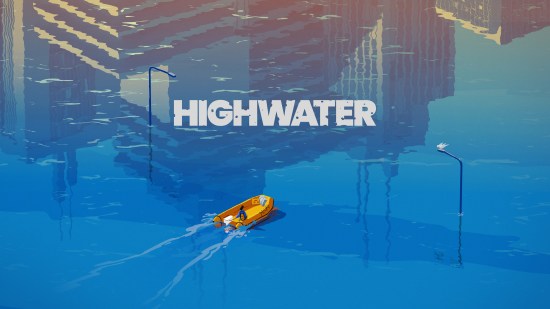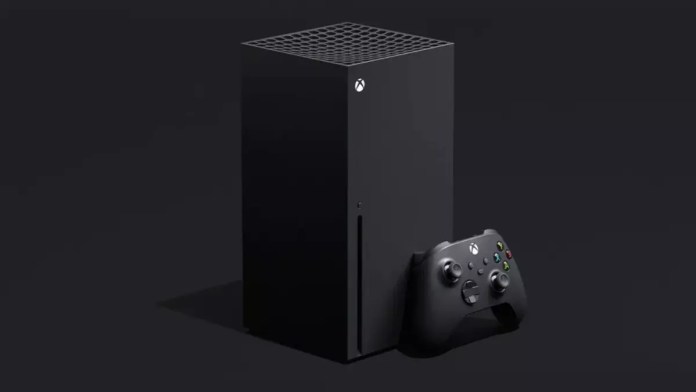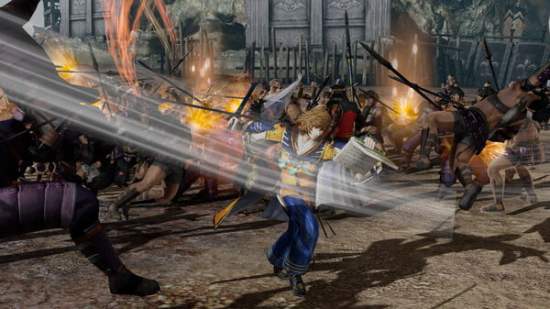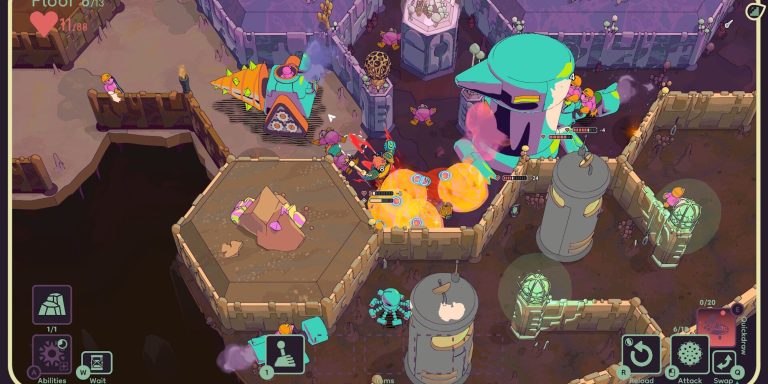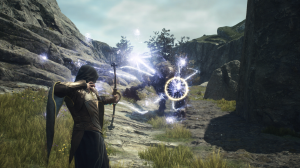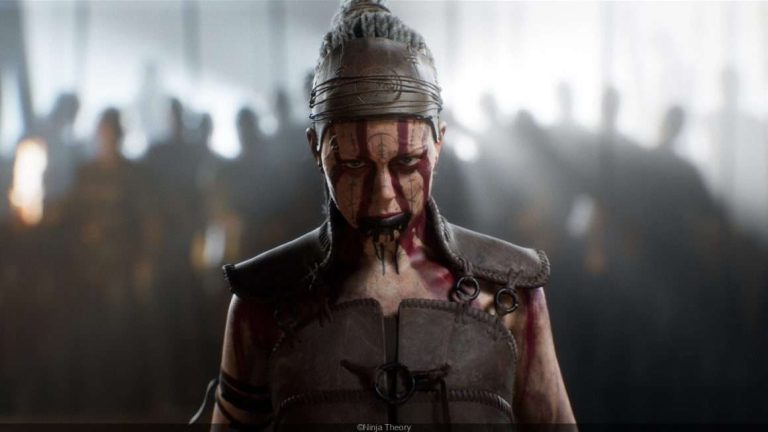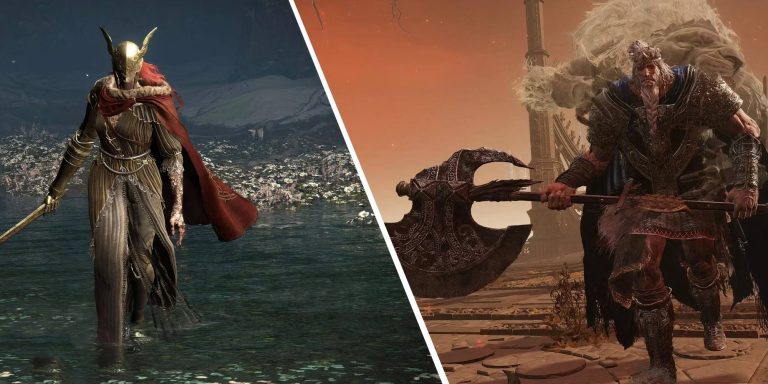Listen to this Article: 🔊 Listen to this
6.5/10
Summary
Highwater falls short of its lofty ambitions. The story elements and exploration lack depth, failing to evoke any emotional resonance. For those seeking a captivating journey through a sunken city, the game disappoints with its linear progression and limited opportunities for exploration. However, for enthusiasts of turn-based combat intertwined with a modest narrative, Highwater may offer some appeal.
Developer – Demagog Studio
Publisher – Rogue Games, Inc.
Platforms – Nintendo Switch, Xbox One, Xbox Series S|X, PS4/5, Android, PC (Reviewed)
Review copy given by Publisher
Highwater offers a whimsical, 3D adventure set in a flooded, post-apocalyptic world. This atmospheric escape boasts an isometric turn-based puzzle-combat system, promising a unique blend of exploration and tactical combat. However, while it presents an intriguing premise, the execution leaves much to be desired.
From the outset, Highwater sets sail with the promise of adventure and camaraderie. Players navigate the waterlogged landscape by boat, discovering islands and forging alliances to confront various adversaries. The game weaves a humorous tale of friendship amidst the melancholic backdrop of a submerged civilization.

The game’s design seems to limit the exploration aspect. During the initial stages, progression is restrictive, with players following a fixed route guided by a basic radar and map, which provide minimal assistance. Despite the game’s visual appeal, the game just feels like a big photo mode, with limited opportunities for thorough exploration. The main incentive for deviating from the main path is the collection of common items such as books, magazines, or occasional weapon upgrades.
Highwater suffers from an identity crisis, unsure whether it wants to be an adventure game or focus primarily on combat. Text-based conversations and character interactions add depth to the narrative but fail to integrate seamlessly into the gameplay experience. This inconsistency contributes to a sense of disjointedness, leaving players uncertain of the game’s intended direction.
Not only that , The erratic shifts between gameplay and cutscenes in Highwater disrupt the immersive flow, abruptly pulling players out of the action and undermining the game’s cohesion and engagement. These jarring transitions detract from the overall experience, leaving players disoriented and disconnected from the narrative.

Combat takes center stage in Highwater, overshadowing its purported emphasis on exploration. The turn-based system requires strategic thinking and puzzle-solving skills to outmaneuver foes. While interactions with the environment add a layer of depth to combat, they do little to alleviate the game’s combat-centric focus.
One of the biggest annoyances about highwater though comes with the story after the final fight, it feels like the game just ends abruptly, with a short paragraph to try to wrap up the already lacking story.

Highwater falls short of its lofty ambitions. The story elements and exploration lack depth, failing to evoke any emotional resonance. For those seeking a captivating journey through a sunken city, the game disappoints with its linear progression and limited opportunities for exploration. However, for enthusiasts of turn-based combat intertwined with a modest narrative, Highwater may offer some appeal.






